Israel-Lebanon gas field deal staves off war threat
- Published
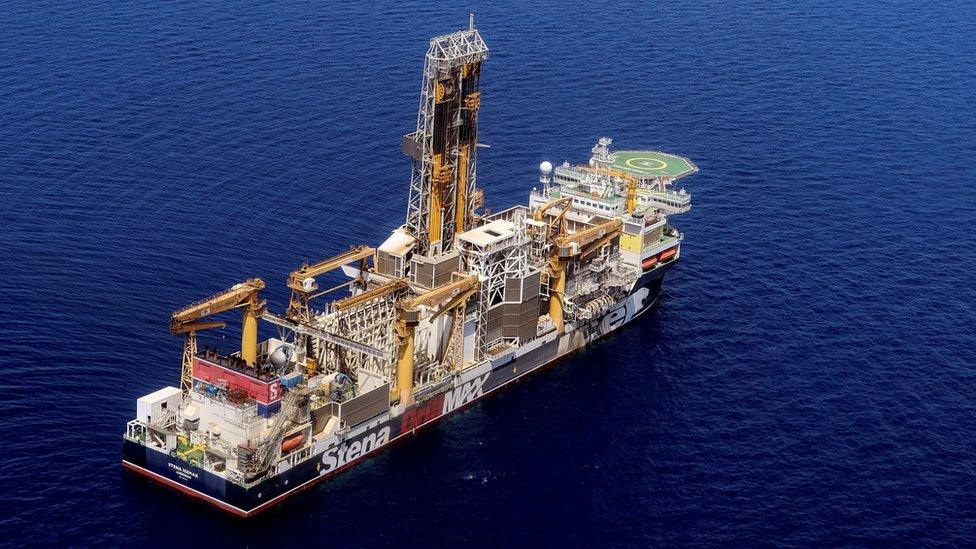
London-based Energean says it has begun production at the Karish gas field
Israel and Lebanon have signed an historic agreement setting their borders in the Mediterranean Sea.
The neighbours, which have technically been in a state of war since Israel's founding in 1948, had been in a dispute over rights to a gas field there.
Hezbollah, the powerful militant and political group in Lebanon, had threatened to attack Israel if it extracted gas before a deal.
Both countries stand to benefit economically from the gas field.
The agreement covers 330 sq miles (860 sq km) of sea off their coasts. Until now, neither country has been able to exploit the area's natural resources because of a disagreement over where the boundary lay.
The disputed patch contains part of Karish, a confirmed gas field, and part of Qana, a prospective gas field.
Under the US-brokered deal, Israel secured full rights to Karish, while Lebanon's rights to Qana were also recognised. Lebanon agreed for some potential revenue from Qana, part of which lies within Israel's waters, to go to Israel.
Israeli Prime Minister Yair Lapid, who is fighting a general election next week, touted the agreement as a diplomatic achievement.
"It is not every day that an enemy state recognises the State of Israel, in a written agreement, in front of the entire international community," he said.
However, Lebanese President Michel Aoun played down the deal as "technical work that has no political implication".
Mr Lapid's political rival Benjamin Netanyahu, who is hoping to return to power, has called the agreement illegal and pledged he would not be bound by its terms, though he later said he would respect it.
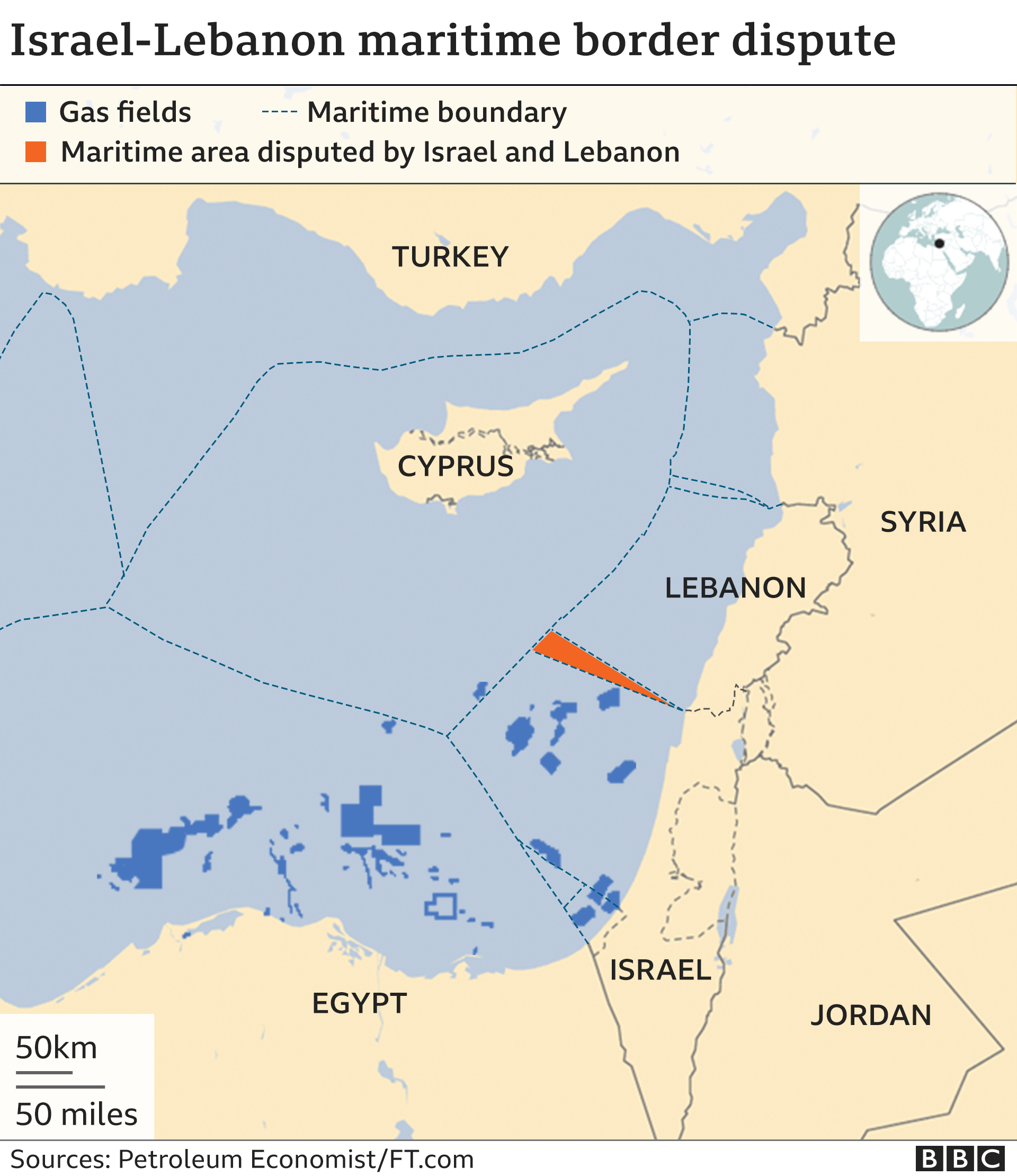

Related topics
- Published11 October 2022
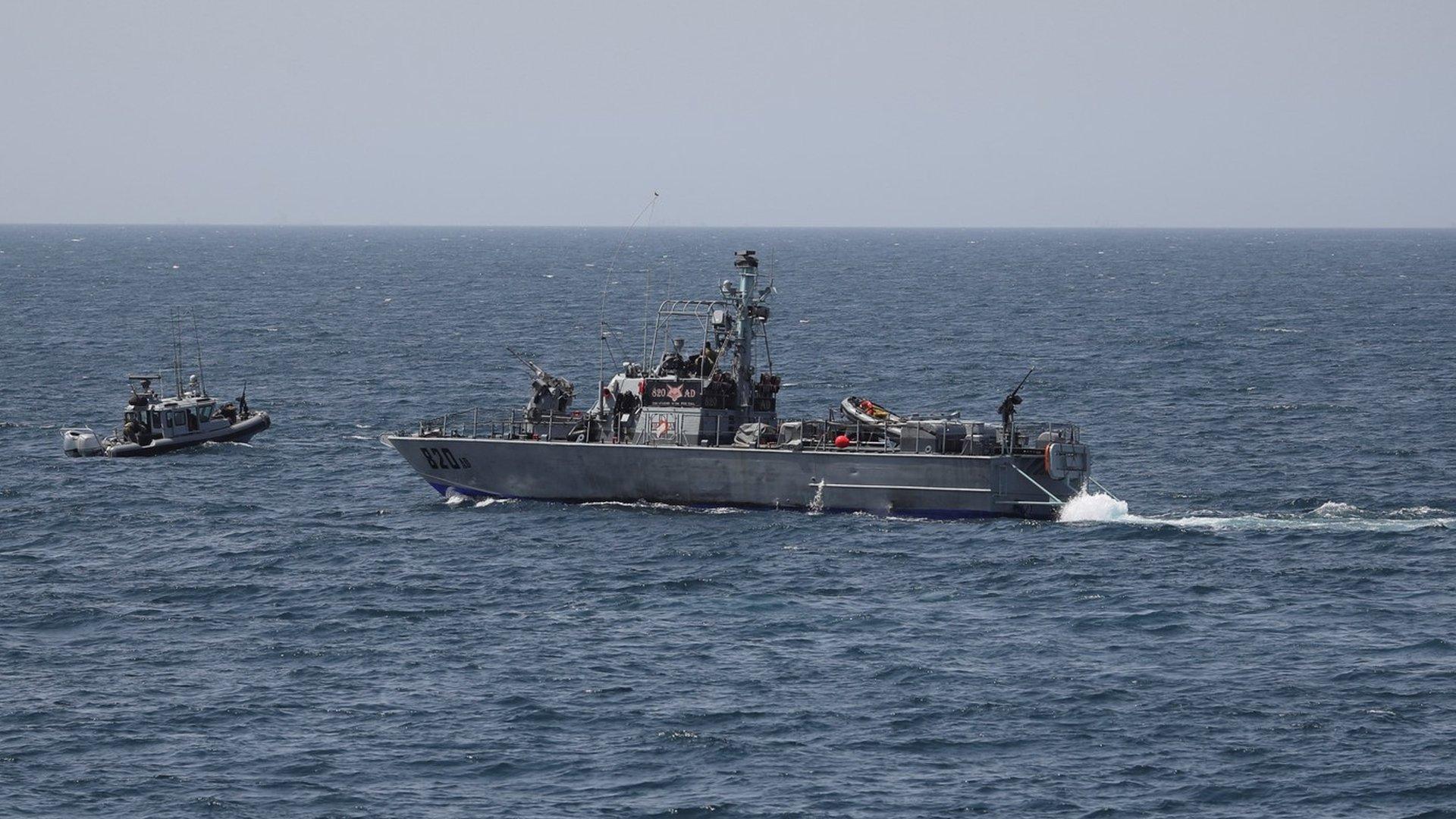
- Published29 September 2022
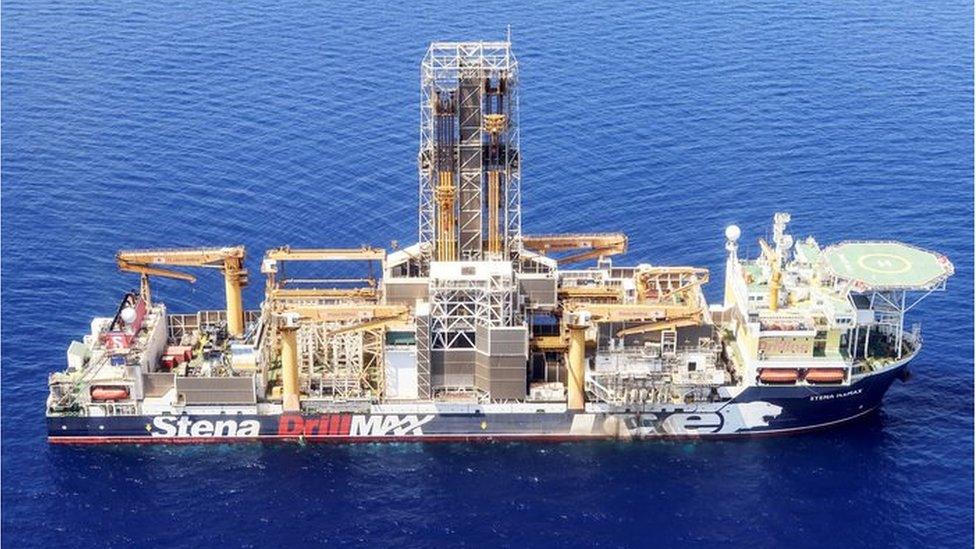
- Published2 July 2022
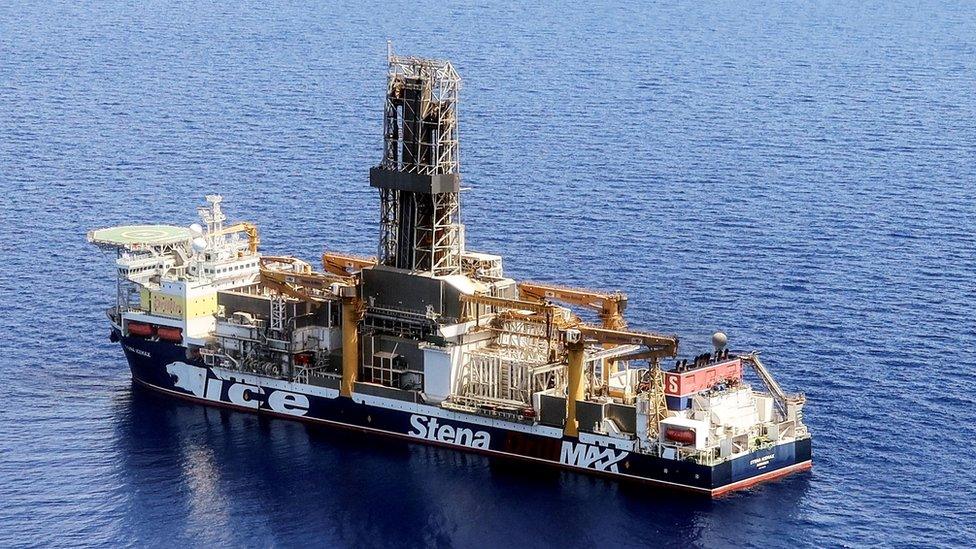
- Published14 October 2020
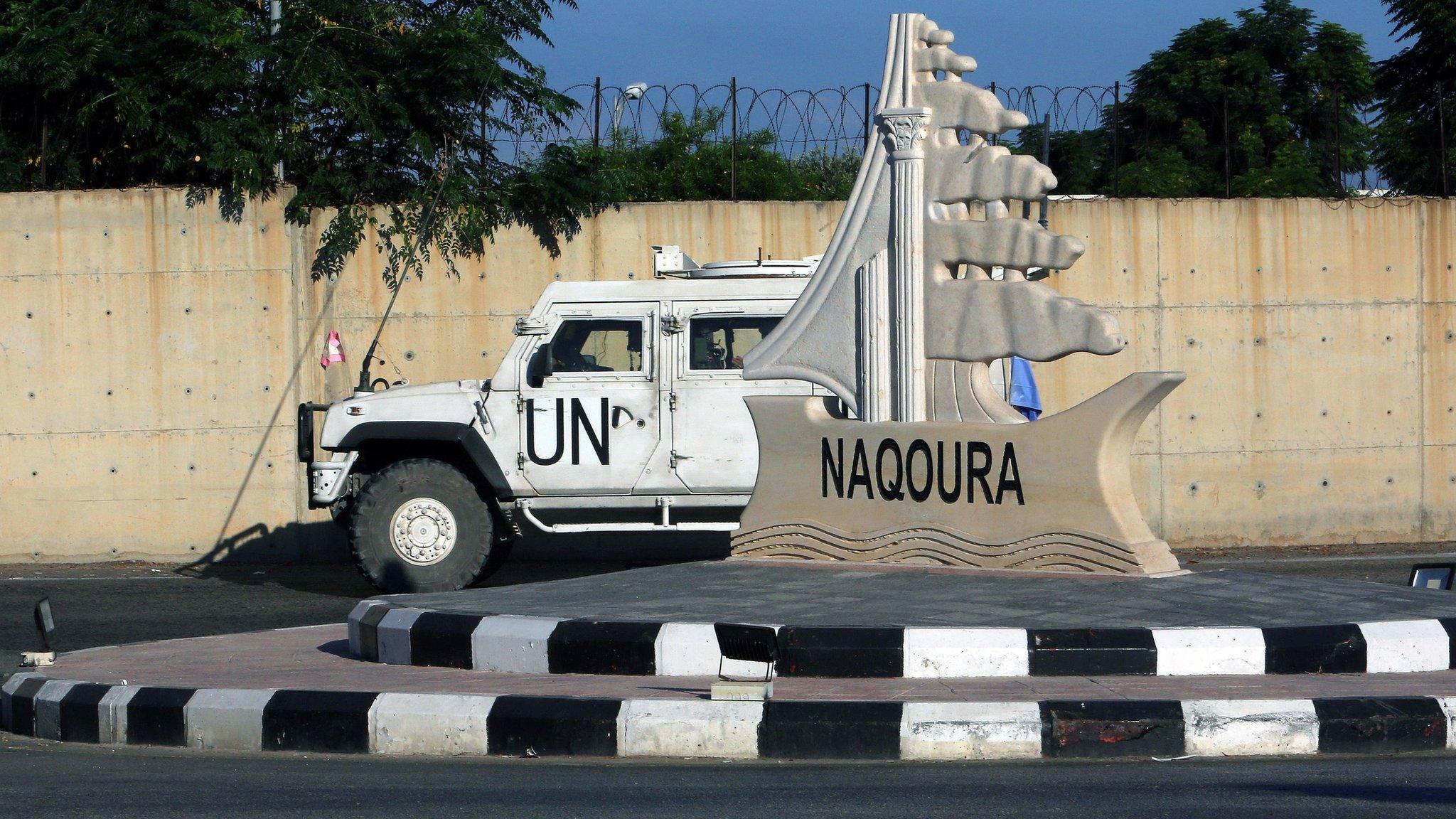
- Published11 October 2023

- Published11 July 2011